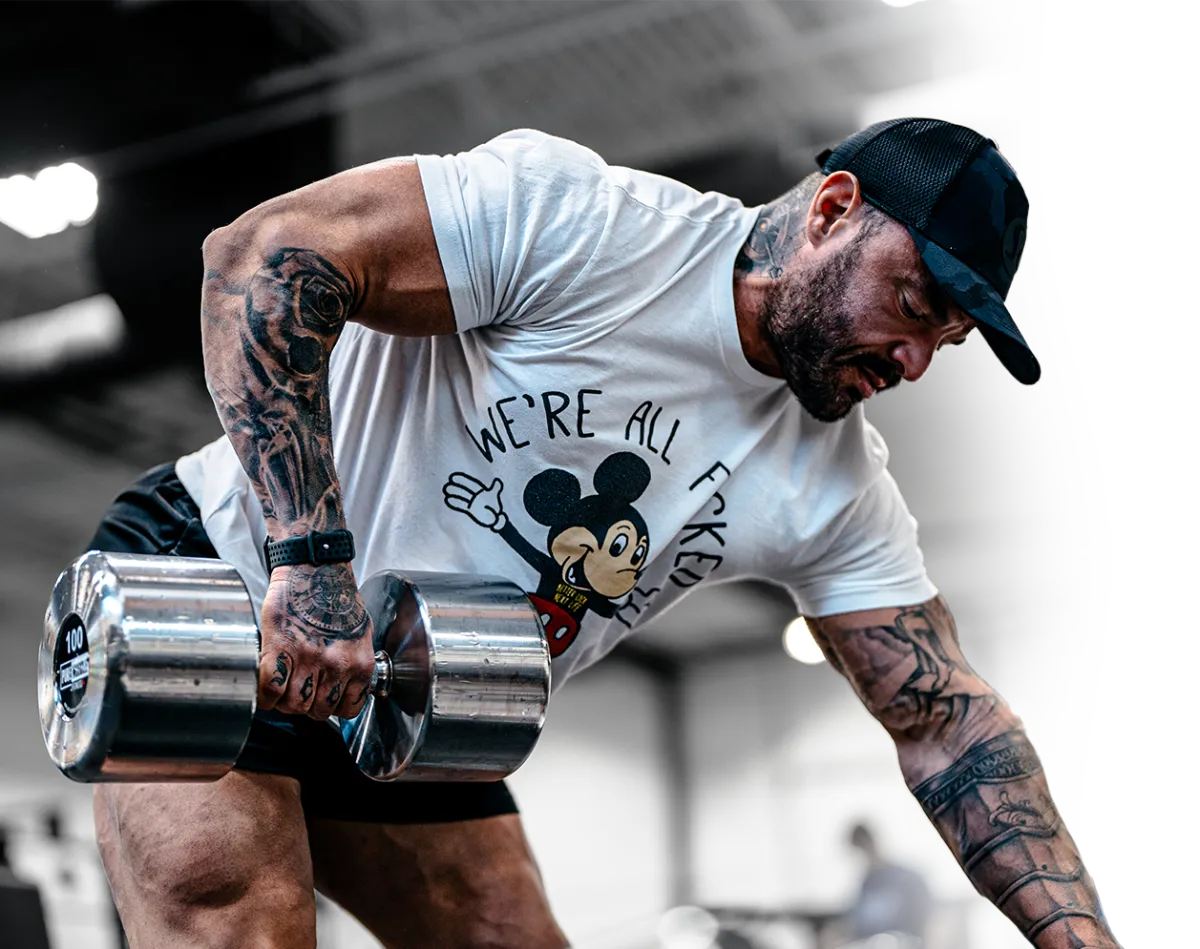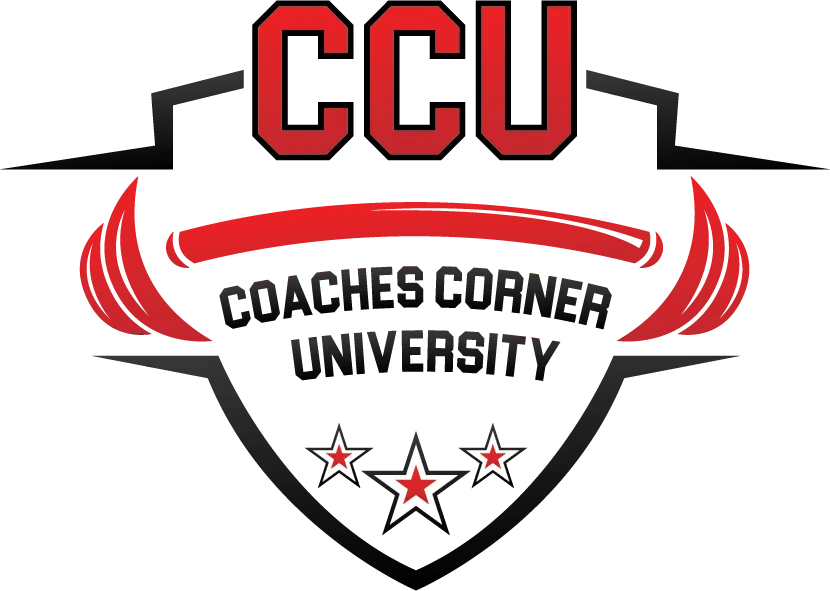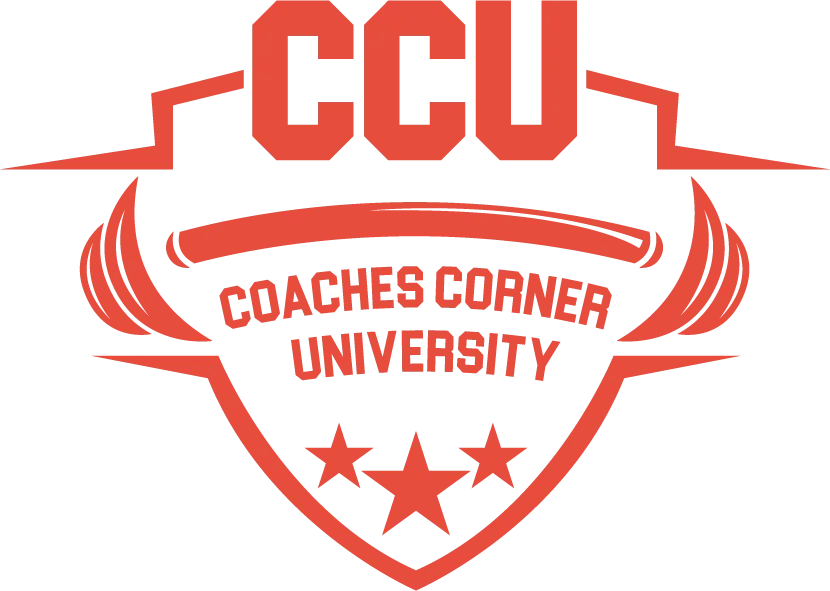Discover The Latest Blogs
Stay updated with Our Informative Blog Posts

CCU Podcast - Mike T Nelson: This Kinda Makes Sense
This Kinda Makes Sense
Mike T Nelson - Unlocking Growth in Coaching
In this episode of the CCU podcast, I sit down with Dr. Mike T Nelson, Owner & "Talent" of Extreme Human Performance to dive into his new book “Triphasic 2” co-written with Cal Dietz. We go in hard on the philosophies espoused within the Triphasic system and how it’s evolved over time using the most cutting-edge research.
Mike T. Nelson, PhD, MSME, CSCS, CISSN, is a research fanatic who specializes in metabolic flexibility and heart rate variability, as well as an online trainer, adjunct professor, Associate Professor at the Carrick Institute, presenter, creator of the Flex Diet Cert, kiteboarder, and (somewhat incongruous) heavy-metal enthusiast. He has a PhD in Exercise Physiology and an MS in Mechanical Engineering (biomechanics).
The techniques he's developed and the results Mike gets for his clients have been featured in international magazines, scientific publications, and websites across the globe. In his free time, he enjoys spending time with his wife, lifting odd objects, reading research, and kiteboarding as much as possible.
We dove into key principles that apply across all levels of coaching, from refining movement quality to rethinking progressive overload and embracing a continuous learning mindset.
Below, I’ve distilled 10 key takeaways from our discussion. These insights challenge traditional thinking, provide fresh perspectives, and reinforce the importance of adaptability in coaching. I encourage you to reflect on how these principles fit into your own coaching approach and share any thoughts or questions.
10 Essential Takeaways from It Kinda Makes Sense
The Testing-Learning Loop
"Your athletes don't care about your ego - they care about results." Understanding that testing methodologies, documenting outcomes, and being willing to be proven wrong is fundamental to growth as a coach. This isn't just about formal assessments; it's about creating feedback loops in everything you do.
Movement Quality Before Movement Quantity
A profound insight emerged regarding eccentric training: it's not just about strength - it's about motor learning. When athletes slow down their movements, they gain proprioceptive feedback and self-correct their patterns. This principle applies whether you're working with beginners or elite athletes.
The Aerobic Foundation Paradox
The longtime myth about aerobic training interfering with strength gains needs context. Better aerobic fitness means enhanced recovery between sets, improved recovery between sessions, better performance during high-volume phases, and increased work capacity. The key is not whether to do it, but how to program it appropriately.
Transfer Principles
Everything in training should have a purpose. The discussion about stance width varying based on training goals (wider for strength, narrower for speed) illustrates how even small details matter for transfer. Ask yourself: "How does this exercise choice serve the athlete's end goal?"
The Three-Phase Approach
Understanding that movements have eccentric, isometric, and concentric components isn't new, but systematically training them opens new possibilities. This framework provides better movement quality, enhanced force absorption, improved force production, and more complete athletic development.
Context Is Key
There is rarely a universal "best" approach to coaching, as what works for one athlete may not work for another. The effectiveness of a method depends on several factors, including the athlete’s level, available time, training history, and the specific demands of the sport. The true art of coaching lies in the ability to match the right methods to the unique context of each individual or team.
The Neural-Mechanical Connection
Understanding that movement isn't just mechanical but neurological opens new coaching possibilities. From head position affecting hip function to recruitment patterns influencing performance, appreciating these connections enhances both rehabilitation and performance training.
Progressive Overload Reimagined
Progress in coaching isn't solely about adding weight to the bar. It can also be seen in improvements such as better movement quality, enhanced control, increased work capacity, and more efficient force production. True progress comes from recognizing growth in multiple dimensions, not just in the numbers on the equipment.
The Power of Systematic Observation
The origin story of Triphasic training - observing that some athletes with similar maximal strength had very different athletic abilities - reminds us that systematic observation is a powerful tool. Watch, document, analyze, and learn from what you see.
Infinite Game Mindset
Perhaps most importantly, it's crucial to understand that in coaching, as in learning, there is no ultimate "winning"—only ongoing growth. This mindset keeps you open to new ideas, encourages learning from others, prevents dogmatic thinking, and drives continuous improvement. It’s about embracing the journey of development rather than striving for a final destination.
These principles transcend experience levels and coaching contexts. Whether you're just starting or have decades of experience, they provide a framework for continued growth and development as a coach. Remember Mike's recurring theme: "This kind of makes sense" - sometimes the most profound insights come from being willing to question, test, and learn rather than assuming we already know the answers.
Find Mike:
Website - www.miketnelson.com
IG - @drmiketnelson
FB - Mike T Nelson
Find the podcast:

Coaches Corner PhD




